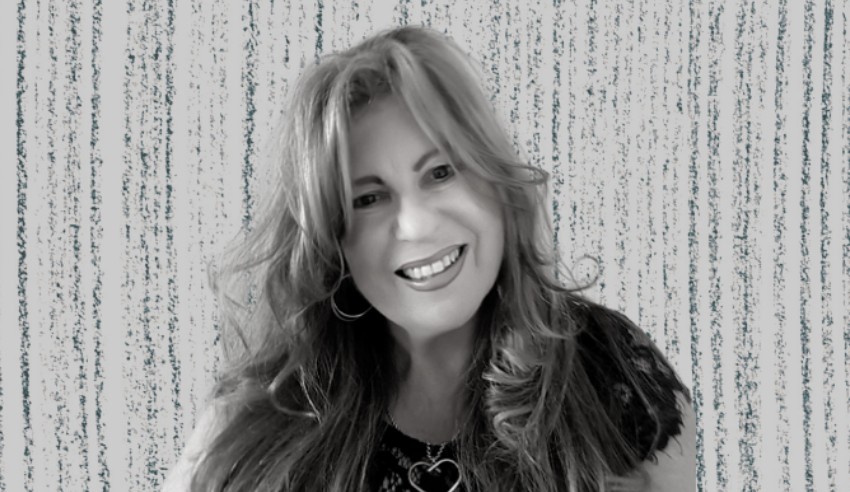The capacity to be vulnerable, both personally and professionally, helps build trust and also strengthens self-care, writes Sue Parker.

As a professional services and recruitment agency business owner for over 17 years, I have experienced great success and invincibility alongside failure and polarising vulnerability.
During the last few years, professional businesses of all genres and sizes, including solo and small law firms, laid bare their economic, mental wellbeing and commercial challenges. Many stepped out with stories of raw honesty, whilst others kept a tight lid on their circumstances and stoic facades.
How often do we assume a practice is thriving, based on external appearances and social media activities? Yet, it’s often a façade. Those brave enough to share their truth and vulnerability have given psychological permission to others to do the same without fear of judgement.
Sharing strengthens the business community with a calming sense that others are not alone.
Vulnerability and innovation
Brené Brown, the world’s leading researcher on shame, vulnerability and empathy, teaches that:
Luna Park and culinary swings
Before the pandemic, business and professional service firms were not all beers and skittles with a constant stream of billings and revenue. Truth is, no matter how successful a firm or small business has been, there will be a host of ups and downs akin to the roller coaster at Luna Park.
Financial pressures can swing the culinary gates wide open for many. One quarter, it may be all lobster and champagne billings; the next, it’s baked beans and cheap Shiraz revenue grabs.
Self-doubt, mental wellbeing, physical stresses and loneliness are all part of that roller coaster. Some days, professionals are right on top of their game; the next, relentless pressures abound.
And, the social media pressure to be seen as “smashing it”, being super popular and nailing incredible success is gruelling.
Sitting in a room without air
There can be the extra layer of family financial and time pressures to navigate. Feelings of inadequacy can sabotage growth and happiness for firms and solo lawyers.
It displays in numerous ways with the common thread of reluctance to ask for help. Feeling alone and vulnerable is like sitting in a room without air.
I have observed over many years a few differences in how men and women respond to professional vulnerability.
Different responses
Men often struggled with asking for any help and expressing their inner hopes and career goals. They prefer to sort things out for themselves. Embarrassment about circumstances, when combined with a lack of self-worth, would cause immeasurable harm.
Fear of admitting they were suffering and had lost their sense of business direction or truth was common. The shame of letting others down keeps many men closed off from help and development.
And women often struggled with imposter syndrome and self-doubt, hampering their self-promotion and much-needed marketing. Women can feel shame if their work didn’t speak for itself, and hence it felt too vulnerable to champion themselves.
How to navigate vulnerability
Will vulnerability give your brand, clients and networks greater trust and creativity going forward? I believe it can.
Sue Parker is the owner of DARE Group Australia.